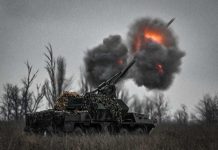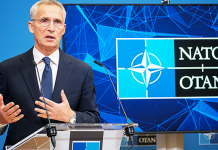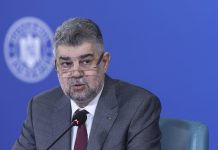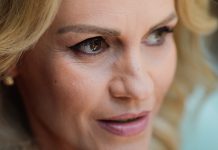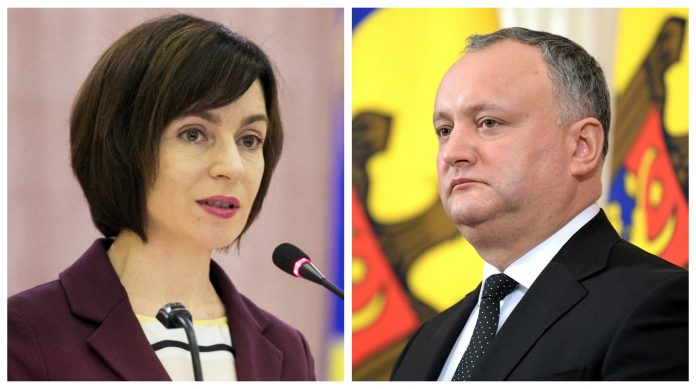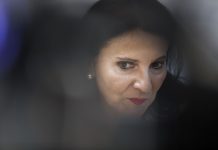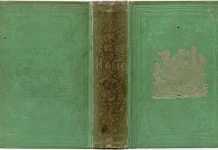Maia Sandu, a pro-reform former prime minister was leading incumbent President Igor Dodon who’s supported by Moscow and poised to become the first woman president of the former Soviet republic, near-final results show.
With more than 90% of the vote counted, she had 51.53% of the vote to the incumbent’s 48.47%, the Central Electoral Commission said.
The ex-World Bank economist gained traction after an unexpectedly good result in Nov. 1 first round of voting while the incumbent lost ground after he ran on a negative campaign and failed to mobilize his electorate.
Maia Sandu, 48, was also supported by Renato Usatii, who came third in the first round with 17%. Previously known for his pro-Russian stance, the mayor of Balti, Moldova’s second largest city switched his allegiance and threw his weight behind her candidacy. Voter turnout was more than 52%.
„People went and out and voted because they care,” she said. „People wanted their voice to be heard, to be respected and for politicians to offer them solutions to their problems,” she said after the polls closed.
A fortnight ago, she won the first round, and was almost three percentage points ahead of the the incumbent in a field of eight.
Mr. Dodon, 45, blamed Moldovan voters abroad for his loss in the first round calling the estimated 1.2 million Moldovans living outside of the country a “parallel electorate.”
Moldovans who work abroad generally vote with pro-Western candidates, such as Ms. Sandu. Mr. Dodon’s base are older and poorer voters
However, the majority of Moldovans moved abroad to seek better opportunities, disheartened by corruption, cronyism and poorly paid jobs at home. Ms Sandu is seen as the best chance to implement reforms in the ex-Soviet republic of 3.5 million.
Moldovan elections are often described as a choice between Russia and the West, but the country is reliant on both, and is unlikely to definitively move into either sphere.
Voters have focused on the economy in one of Europe’s poorest countries which has been battered by the coronavirus pandemic and relies in remittances from workers abroad.
In order to win, Mr. Dodon was also relying on voters of the breakaway Trans-Dniester region. The sliver of land in eastern Moldova declared its independence from Moldova in 1990 and fought a war with the country in 1992, and is subsidized by Moscow.
Hundreds of thousands of its residents have Moldovan citizenship and can vote in Moldova.
Russian President Vladimir Putin endorsed Mr. Dodon ahead of the vote and said Russia would not tolerate any attempt to interfere in Moldova’s election.



